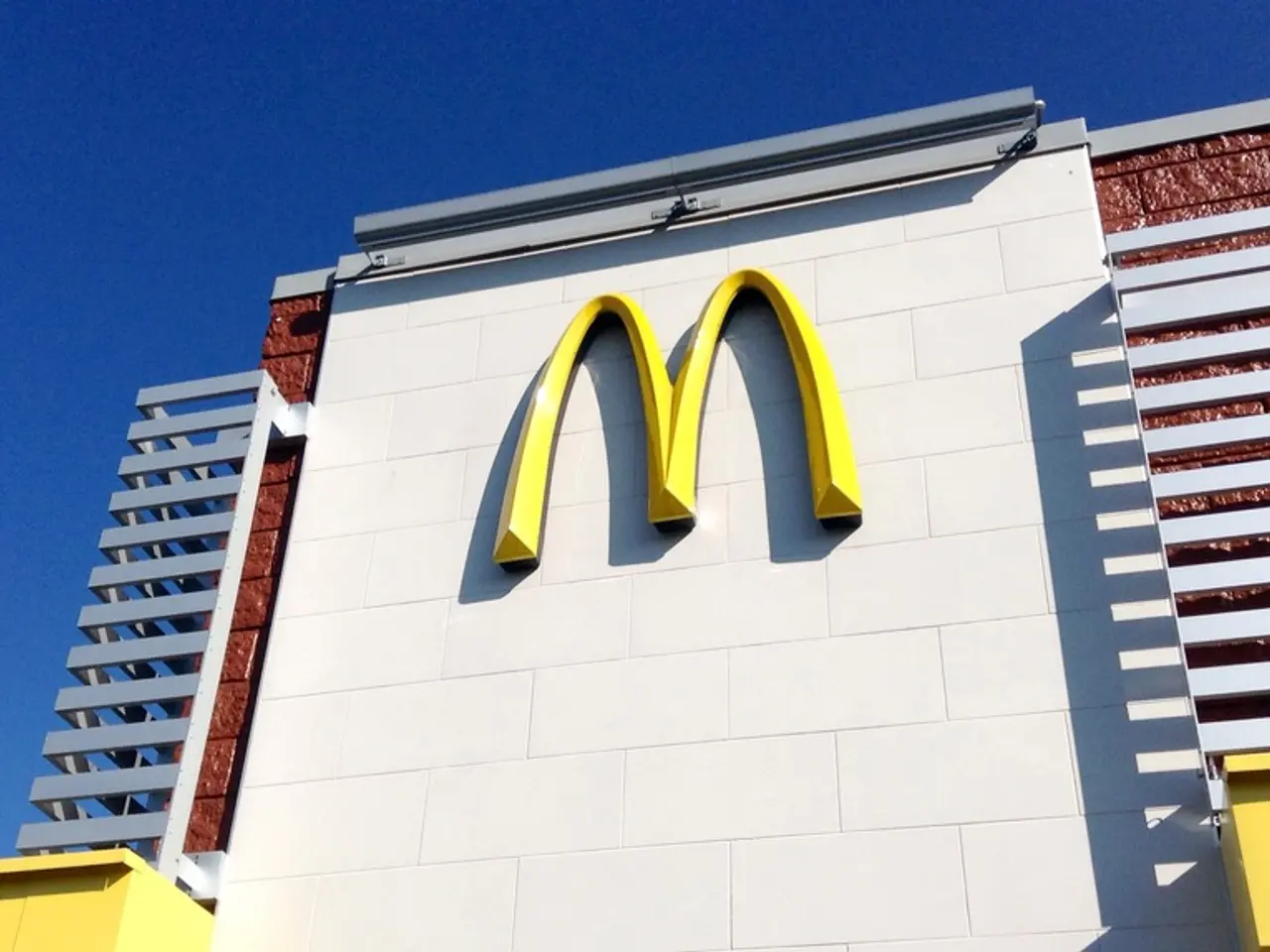Government's mortgage companies scheduled for a significant public offering, led by Trump
In a potentially significant move, the United States government is considering an initial public offering (IPO) of mortgage giants Fannie Mae and Freddie Mac. This move could significantly impact the mortgage market and American homebuyers, as these companies provide key liquidity in the mortgage system and are currently backed by the government.
Fannie Mae and Freddie Mac play a crucial role in ensuring America's housing market functions properly by buying mortgages from lenders and repackaging them for investors. They do not issue mortgages to borrowers themselves. The guarantee provided by these companies helps keep mortgage interest rates lower, thereby promoting affordability.
However, an IPO could potentially change or diminish this government backing, leading to higher borrowing costs or reduced liquidity in mortgage credit. The shift from government conservatorship to part private ownership might also lead to increased market-driven risk assessments, making mortgage financing more sensitive to market fluctuations and economic cycles. Investors would gain exposure to mortgage credit risk that was previously largely government-backed.
The exact structure of any IPO is yet to be decided, with discussions ongoing about whether the two companies would be combined into a single entity or remain separate. The companies' continued presence under some form of government conservatorship is also undecided, making the full implications somewhat uncertain.
The planned sale represents a historic shift since the 2008 financial crisis conservatorship of Fannie Mae and Freddie Mac, and it potentially signals a move towards re-privatizing these key mortgage market institutions after nearly two decades.
President Trump has met with several Wall Street bank CEOs to discuss a potential IPO, and many of his allies in the Republican Party have long advocated for ending the government conservatorship that Fannie and Freddie were placed under during the 2008 global financial crisis.
The IPO could potentially raise $30 billion, making it the largest IPO in history. However, it could also upset the balance in the mortgage market. Some experts estimate that privatization could cost the typical American taking out a new mortgage between $1,800 and $2,800 per year.
It is important to note that the plans for the IPO are not yet finalized, and President Donald Trump is still considering various options. The companies, which guarantee 70% of America's mortgages, have enormous backing from hedge fund investors, so much of the proceeds of an IPO would go to wealthy financial backers, not taxpayers.
The U.S. government-owned mortgage giants Fannie Mae and Freddie Mac were placed under government control on September 7, 2008, after facing massive losses amid crashing home values. The plans for the IPO were first reported by the Wall Street Journal. In May, President Trump posted on Truth Social that he was giving serious consideration to bringing Fannie Mae and Freddie Mac public.
Fannie and Freddie are instrumental in making 30-year mortgages possible - and relatively affordable (although rates have surged in recent years for a variety of reasons). President Trump has been considering an IPO for years and has renewed his effort in his second term. The companies' return to their pre-2008 state, when they were publicly traded companies backed by the US Treasury, could mark a significant change in the mortgage market landscape.
The IPO of Fannie Mae and Freddie Mac, backed by President Trump, could lead investors to gain previously government-backed exposure to mortgage credit risk, potentially impacting American homebuyers through increased borrowing costs or reduced liquidity in mortgage credit due to market-driven risk assessments. If the companies were to return to their pre-2008 state as publicly traded entities, they might operate differently, affecting the entire mortgage industry and the affordability of financing mortgages.




